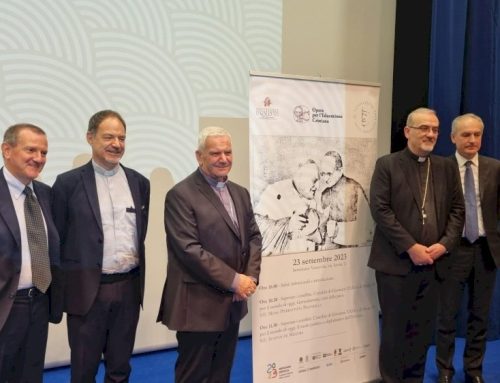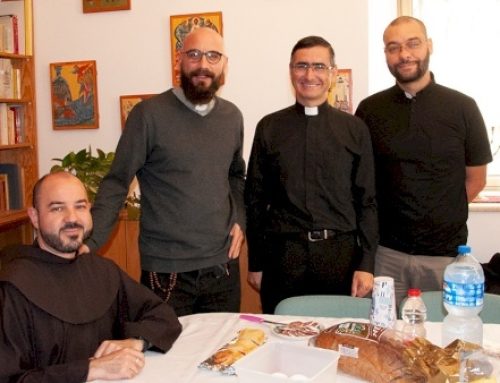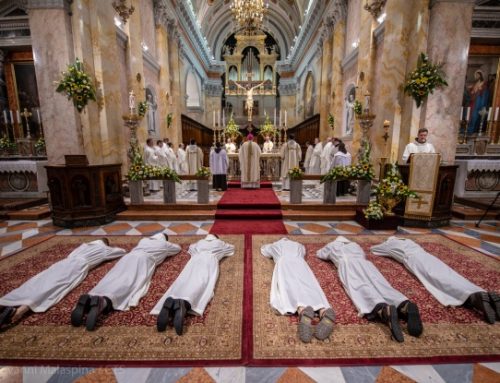On November 4, 2008, the Ecumenical Accompaniment Programme in Palestine and Israel (EAPPI) and World Council of Churches released its September-October 2008 Newsletter.
Get the full EAPPI September-October 2008 Newsletter here.
EXCERPTS
Countdown to the International Action Week – It’s Time for Palestine – 4-10 June 2009
The countdown has begun to the fourth International Church Action for Peace in Palestine and Israel (ICAPPI) – It’s Time for Palestine, a World Council of Churches initiative that will take place all over the world on 4-10 June 2009. The ICAPPI Working Group met in London in mid-October to plan and agree on key areas of collaboration and responsibility. It was agreed that the goal of the action week is to catalyse and coordinate new and existing advocacy action for a joint international witness for peace and justice in Palestine and Israel. The Working Group will distribute a prayer and liturgy from the Heads of Churches in Jerusalem as well as advocacy and educational resources for use in 2009. EAPPI intends to play a larger role in 2009, participating actively and publicly in the prescribed actions of Praying, Educating and Advocating. If you would like further information or get involved in the week, please email the EAPPI Communications & Advocacy Officer on eappi-co@jrol.com.
Settler violence continues in the West Bank
The month of October saw a sharp increase in Israeli settler violence. OCHA reports at least 34 incidents of violence and vandalism by Israeli settlers during October. Worryingly, several incidents have been reported in which clashes between Israeli settlers and Palestinians have led to Palestinian injuries inflicted by IDF soldiers. EAPPI has been providing protective presence in and reporting about communities that have been subjected to settler violence and vandalism, such as Tel Rumeida and Wadi Hussein in Hebron, Susiya and Um al Kher in the South Hebron Hills, Kafr Qaddum near Qedumim settlement, Asira al Qibliya and Burin near Yitzhar and Bracha settlements and Yanoun near Itamar settlement. Check out the website for eyewitness reports.
West Bank closures
During the Jewish feasts of Rosh Hashana, Yom Kippur and Sukkot, Israeli Authorities imposed general closures in the West Bank. All Palestinians with valid permits were prevented from entering Israel and East Jerusalem, including non-emergency medical cases. EAs were also unable to access the Israeli-controlled H2 area of Hebron. These access restrictions have remained during much of the olive harvest in Hebron.
Olive harvest
Across the West Bank, skirmishes between Israeli settlers and Palestinian olive harvesters have broken out when settlers have either attacked Palestinian olive harvesters or tried to prevent them from reaching their agricultural land. EAs are currently providing presence and complementing
the workforce in several vulnerable areas in the occupied Palestinian territory, including Tel Rumeida, Battir, Nahalin, Al Walaja, Mount of Olives, Yanoun, Kafr Qaddum and Jayyous seam zone. Photos of EAs participating in the olive harvest can be found on the website.
Sheikh Jarrah eviction threats
The Jerusalem EAs have continued to monitor the situations of and provide presence with the Al Kurd and Hanun families in the East Jerusalem neighbourhood of Sheikh Jarrah, both of whom have been served with eviction orders. Half of the Al Kurd’s home was occupied by Israeli settlers in 2001. If the orders are implemented, a dangerous precedent would be set that paves the way for further evictions. Although the Al Kurds contested the eviction order and the court ruled in their favour in September, the neighbourhood is not particularly hopeful that the settlers will move out, as ruled, on the 8th November. The EAs have contacted and guided local and foreign correspondents to the families and will continue
to monitor their situation.
Get the full EAPPI September-October 2008 Newsletter here.



